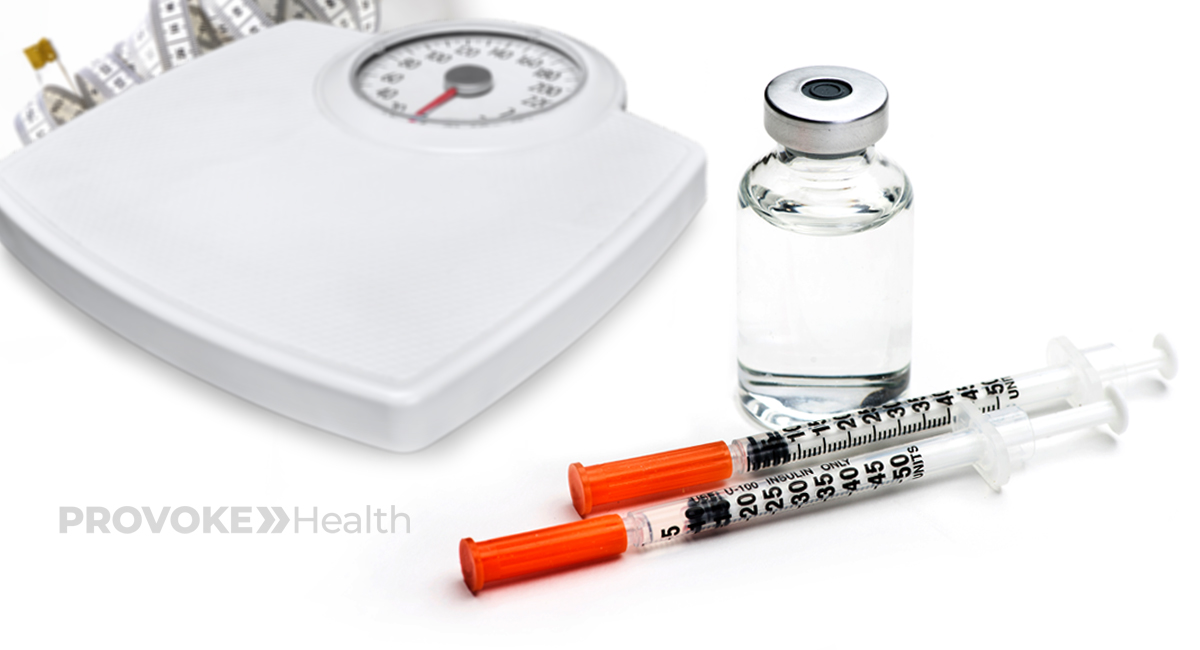Weight Loss Benefits — and Side Effects — of Semaglutide and Ozempic
In recent years, medical researchers and pharmaceutical companies have made remarkable progress in the area of diabetes management. Specifically, semaglutide (sold under the brand names Ozempic, Wegovy, Rybelsus, and others) has proven to be effective in helping people with Type 2 diabetes regulate their blood glucose (sugar) levels.
As an added bonus, semaglutide has also proven to be effective in promoting weight loss for many people. Likely you’ve heard or read all about that by now. And you certainly wouldn’t be the first to wonder if semaglutide could work that magic on you.
Here at PROVOKE Health, we too have observed some amazing results in our functional medicine and integrative health clinic, with people who have struggled for years to lose weight suddenly shedding pounds, feeling great, and looking better than they had in years.
However, recent reports of adverse side effects have begun to emerge — side effects such as nausea, diarrhea, vomiting, constipation, abdominal pain, fatigue, malnutrition, and “Ozempic face” (the rapid loss of facial fat, which can make the face look gaunt or droopy).

In this blog post, we review some of the arguments for and against semaglutide. But first, let’s take a look at what this medication is, how it works (its mechanism of action), and some of its common adverse side effects.
What Is Semaglutide?
Semaglutide is the generic name for a group of antidiabetic medications classified as glucagon-like peptide-1 receptor (GLP-1R) agonists. Some GLP-1R agonists, including Ozempic, can also be very effective in promoting weight loss and treating obesity. (For more about this, read our previous blog post, “Ozempic for Weight Loss: Too Good to Be True or an Effective Treatment,” here on the PROVOKE Health blog.)
Most of the medications in this class are injectable, meaning you inject a liquid form of the medication using a needle and syringe. Injections are delivered to the fatty tissues beneath the skin in certain areas of the body, including the belly, outer thighs, and upper buttocks.
Semaglutide has earned a great deal of positive press for its promising benefits, especially in respect to weight loss. However, like any medication, this class of medications carries potentially negative side effects. Prior to taking semaglutide or any of its brand-name equivalents, it is important to weigh the potential benefits against the possible adverse side effects before adding these medications to your diabetes management or weight loss plan.
How Semaglutide Works
Two thirds of people in the United States suffer, to some degree, from insulin resistance. That means their cells don’t respond properly to insulin — a hormone the body produces to stimulate the metabolism of sugar. Over time, the insulin receptors on cells become less and less responsive to insulin, especially when subjected to a high-sugar diet. So, even if your body produces a normal amount of insulin, it may not be enough to metabolize the amount of sugar in your diet. As a result, instead of burning off the sugar and using it as energy, the sugar is converted to fat and stored in the body.
Semaglutide launches a three-pronged attack to improve and restore healthy sugar metabolism, burn fat, and curb diet:
- First, it stimulates insulin production to help regulate blood sugar levels.
- Next, it inhibits the release of glucagon, slowing the release of sugar into the blood, which makes the body burn more fat.
- Finally it reduces appetite by slowing the movement of food through the digestive system, so that you feel full longer.
Possible Negative Side Effects of Semaglutide
Conventional wisdom tells us any drug that’s effective in treating a health condition has the potential for causing negative side effects, and this is true for GLP-1R agonists like semaglutide, as well. Possible adverse side effects include the following: Continue reading…




